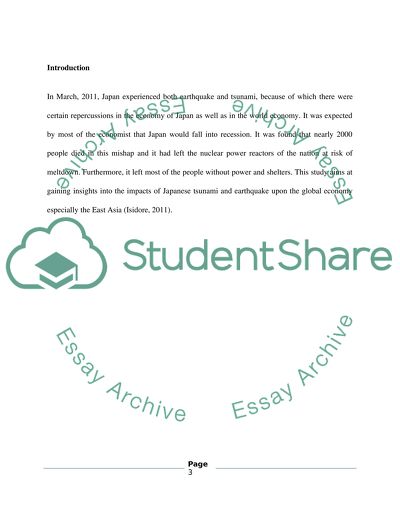Cite this document
(“The Major Effects of the Recent Japanese Earthquake and Tsunami on the Essay”, n.d.)
Retrieved from https://studentshare.org/macro-microeconomics/1430272-the-major-effects-of-the-recent-japanese
Retrieved from https://studentshare.org/macro-microeconomics/1430272-the-major-effects-of-the-recent-japanese
(The Major Effects of the Recent Japanese Earthquake and Tsunami on the Essay)
https://studentshare.org/macro-microeconomics/1430272-the-major-effects-of-the-recent-japanese.
https://studentshare.org/macro-microeconomics/1430272-the-major-effects-of-the-recent-japanese.
“The Major Effects of the Recent Japanese Earthquake and Tsunami on the Essay”, n.d. https://studentshare.org/macro-microeconomics/1430272-the-major-effects-of-the-recent-japanese.


